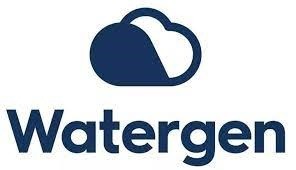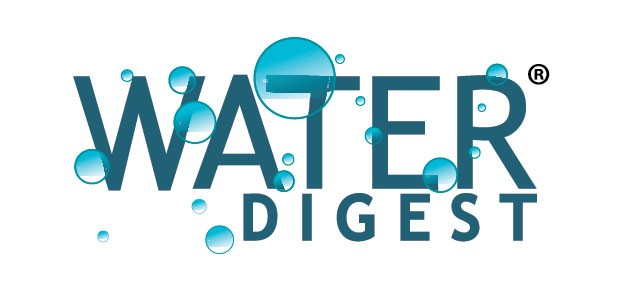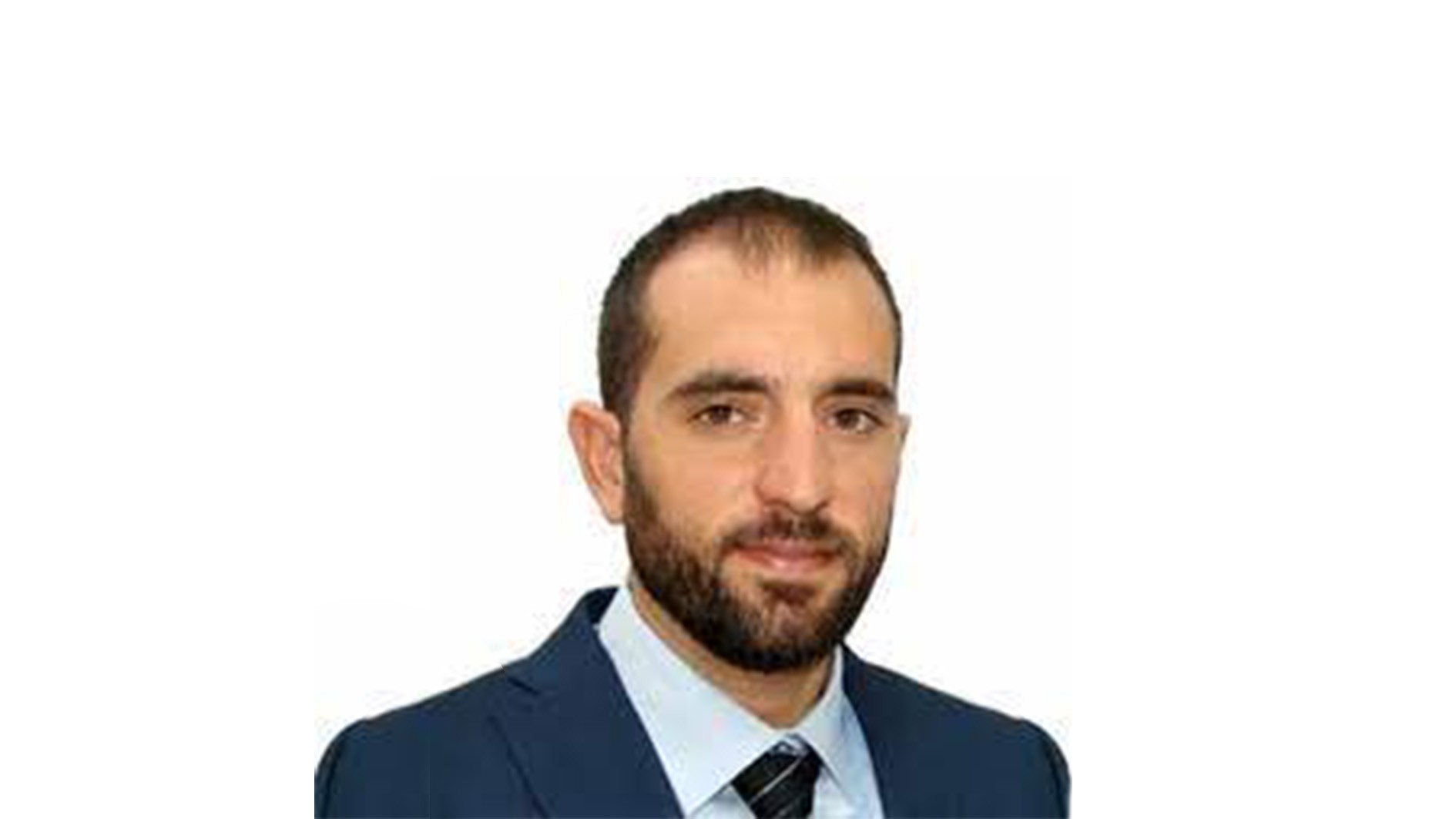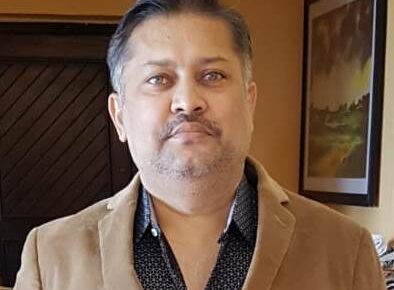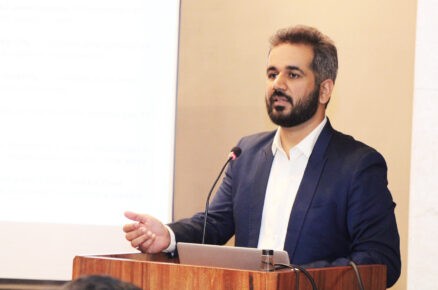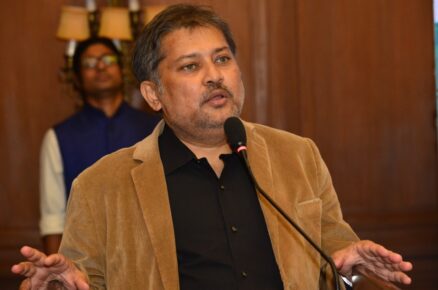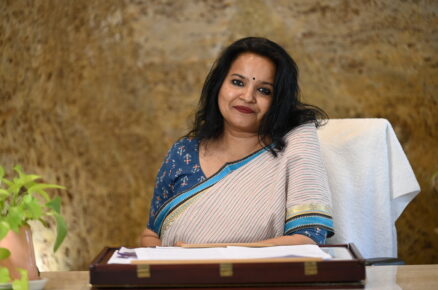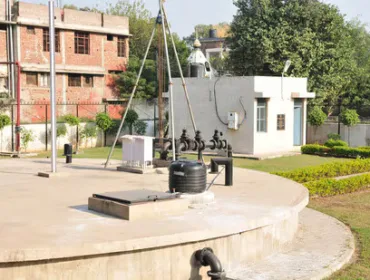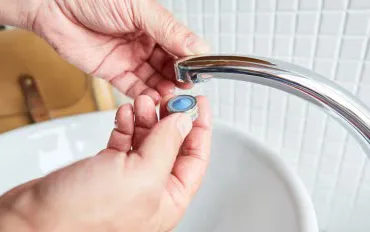Mr Maayan Mulla
Senior Advisor & India Head, Watergen
Watergen provides pioneering, cutting edge, environment-friendly and cost-effective technology in deriving clean drinking water from the atmosphere. It prides in international certification and a global presence in 80 countries including India. Mr Maayan Mulla, Senior Advisor & India Head spoke to Water Digest about the company’s role in India and the challenges of working in the country with diverse climatic conditions.
Water Digest (WD): Kindly elaborate on the concept of the Water From Air, One Step Solution?
Maayan Mulla (MM): Watergen is an Israeli company with headquarters, R&D Centre and a lab in Israel. It was established in 2009 to address the issue of drinking water scarcity.
It is a pioneer in extracting clean drinking water directly from the atmosphere and has a global patent for the same.
At the heart of Watergen’s product line is the unique, patented GENius heat exchange technology. It extracts water from the air by enabling the air to move fast into the patented Genius system in a significantly short time, ensuring greater efficiency and thus using less energy.
The unique, energy-efficient heat exchange module, uses condensation as a means of producing fresh water. By using this technology, Watergen can supply fresh, clean drinking water to an entire town or village, or it can be scaled down to supply enough premium drinking water for private homes or offices.
It’s not enough to just extract the water. You need to make it potable too. That is why our heat exchanger is made out of food grain polymers. We are talking about a unique product that can work 24/7, 365 days, 15 years without stopping. Watergen’s Genuis produces 1 litre of clean drinking water using as little as 0.3 KWH in a wide range of climatic conditions, in temperatures ranging from 15-40℃ and humidity ≥25%RH.
WD: What has been your experience and challenges in India with each region having unique geographical and atmospheric conditions?
MM: I have travelled extensively in India in the last five years and my finding is that most of the water available is polluted, super polluted with chemicals, with metals and a lot more. The TDS in some places is very high, making it dangerous.
Increasing population and the resultant demand for potable water has led to the lowering of groundwater tables and shrinking of natural sources such as lakes.
It’s a vicious circle. The water is getting polluted with chemicals from industries and then chemicals are used again to make this water fit for drinking. The solutions available in the market are counter-productive and not good enough. Secondly, a lot of water gets wasted to produce one litre of drinkable water. We waste between three to six litres of water in the while process. The wastewater goes back into the eco system making both our present and future generation vulnerable to health issues.
WD. In your opinion, is Watergen technology the ultimate solution to the global water crisis or does it need the backing of other technologies?
MM: I think and I believe that Watergen technology is a one stop solution for drinkable water in the world and in India. We produce very high quality of water. On the one hand, we are providing clean water and the on the other, we are stopping water from getting wasted. So, it’s a win win situation.
WD: Do you think it can be implemented seamlessly in India?
MM: Yes, definitely. We can provide five times more water per kilowatt in an environmentally friendly manner. It’s a plug and play solution and we are talking about premium quality drinking water. It can also operate on tentative energy. For example, in a village where there is no stable electricity, we can use solar power. Think of how the quality of life in that village will improve with that one simple change. Given that 70% of our body is water, and what we are drinking is bad quality water. So, what happens to our body? We are losing years.
WD: Coming back to your presence in India, what kind of response have you received from collaborators, especially private ones?
MM: We are working both with the private and government sector. The government is very serious about finding a solution to the drinking water issue. We are also working with states like Karnataka and Mizoram. The next step is Tamil Nadu and Kerala. We are also working with NDRF. We have different machines for different areas. For example, in places like Kolkata, there is a machine that provides clean drinking water in case of a natural disaster.
On the private sector front, we are also working with Amazon, Microsoft and ITC, which are sensitive to the environment and are looking for plastic-free solutions.
WD: A couple of companies in India are working on the same line as yours, not in terms of the technology but the concept. Do you see them as competitors?
MM: It’s a good thing that there are more companies that are looking for a solution to clean drinking water because it is for the larger good of the people. What makes us different is that we are using our own patent and we are the only company with international certification and we come with years of proven experience in the global market. We have partnerships and customers in more than 80 countries.
Ours is the only company that works with low power consumption making all operations cost-effective.
WD. So, how cost-effective is Watergen technology?
MM: Making the solution cost-effective is also part of our mission. That is why we have machines that can operate seamlessly for 15 years. Our R&D team in Israel with 50 professors and doctors works round-the-clock to develop an efficient and cost-effective solution. Our lab is the only one of its kind in the world. We collaborate Tel Aviv University in Israel and many others. I hope we can do joint research with Indian institutes in the future.
WD: Is your equipment brought from Israel and installed in India or is it assembled here?
MM: As of now, we are importing the machines. But soon we will have a manufacturing facility in India.
WD: Where do you plan to establish this facility?
MM: All I can say is that it will happen very soon. As of now, we are fully operating in India on our own. We have a local entity here with a marketing, sales and a technical team. We have three dealers in India at present. In the next 18 months, we will have 12 dealers.
WD: Would you like to share a message for the readers of Water Digest?
MM: This is the right time for individuals and companies to take responsibility of providing a better quality of drinking water and to save water and not waste wastewater.
